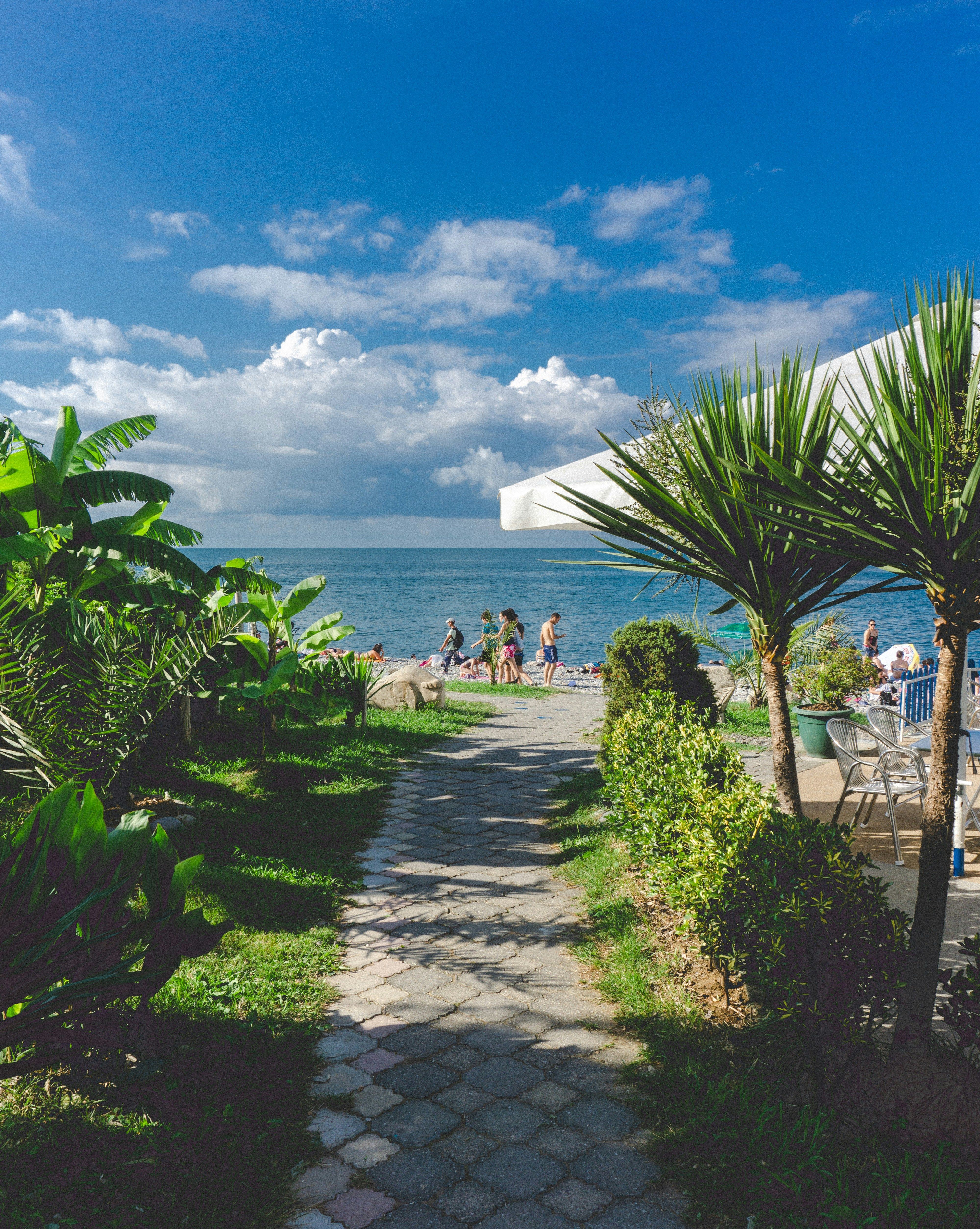Most tourists visiting Greece hail primarily from Germany.
Greece, famed for its sun-drenched beaches, azure waters, and historical landmarks, remains a favored holiday destination for many international travelers. Among them, German tourists hold a dominant position, accounting for the largest and most significant group of tourists, even surpassing the British. This trend continues to escalate, with a 13% increase in German tourists last year, totaling 5.7 million visitors, according to the Greek Tourism Confederation (SETE).
The influx of German tourists helped Greece break its visitor record in 2024, reaching a staggering 40.7 million international arrivals and generating an impressive €21.6 billion in revenue. This surge is projected to persist in 2025, as German tourists continue to flock to Greece's shores.
Besides popular destinations like Crete, with its average spending of €770, Greece's northern Aegean islands, including Lesbos, Chios, and Samos, have experienced a marked rise in popularity among German tourists, registering a substantial 40% increase in visitors.
The appeal of Greece to German travelers is multifaceted. Its diverse attractions, ranging from the cultural richness of its historical sites to the natural beauty of its islands, make it an irresistible draw for those seeking a blend of sun, sea, and culture. Furthermore, affordability options exist across Greece, allowing tourists to choose destinations that best fit their budgets, such as the northwest region of Epirus, with its average spending of €192.
Greece and Germany share a robust historical and diplomatic relationship, contributing to the sustained flow of German tourists. Tourism remains a defining pillar of Greece's economy, directly accounting for nearly 30% of its GDP, including indirect effects such as suppliers and supporting services.
As the world navigates global travel uncertainties, German travelers exhibit a strong resolve to continue exploring, adapting their travel plans and budgets with strategic planning and financial management, while retaining their enthusiasm for destinations like Greece.
- To maximize their vacation experiences, many German tourists are taking advantage of vocational training programs offered by the community, tailoring their skills to better fit the lifestyle of a traveler, making their trips more comfortable and enriching.
- As the tourism sector continues to thrive in Greece, vocational training initiatives have become increasingly vital to ensure the country maintains its high standards of service and hospitality, catering to the preferences and demands of discerning German travelers.






